
Faster, more intense, with more devastating impacts: New IPCC report lays out the scientific basis of the climate emergency
The Intergovernmental Panel on Climate Change (IPCC) released a new report, Climate Change 2021: the Physical Science Basis, which brings together the most recent advances in climate science to outline the current state of climate change. The results are grave.
24 May. 2025
5 reasons to embrace the bicycle as Malmö pedals forward – a leading cycling city
The Copenhagenize index ranked Malmö in 2017 as the 5th most bicycle-friendly city in the world. Here are five reasons why people prefer to get around by bike.
24 May. 2025
How knowledge brokering is catalyzing resilience and gender equity in Global South’s climate plans
The uneven distribution of climate impacts between the Global North and South is irrefutable. As the Global South mobilizes to build the resilience of its communities, their primary tool is knowledge – and lots of it. Held at the Multilevel Action Pavilion, the session Time4MultilevelAction Dialogues: Global South showcased the knowledge products and services less developed countries are using to fast forward climate resilience.
24 May. 2025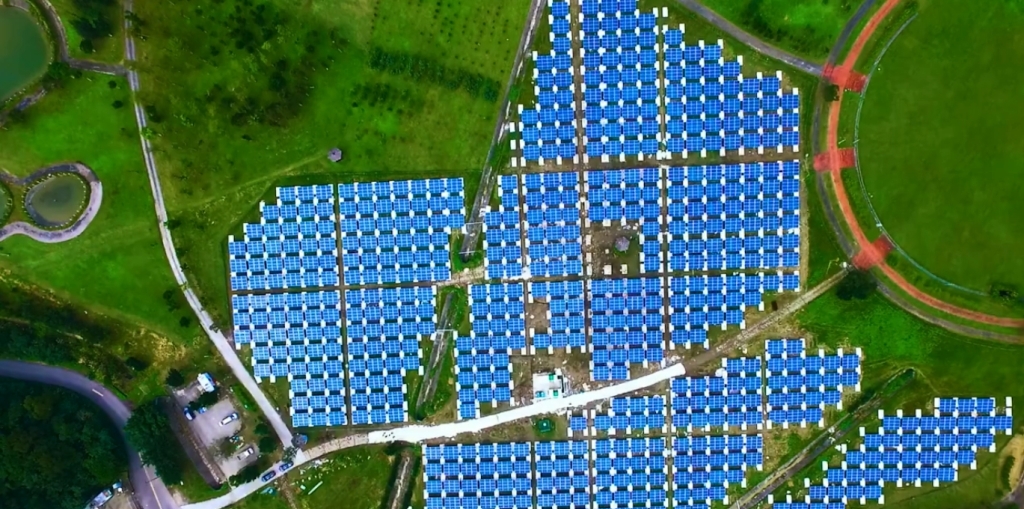
Taipei City’s journey towards net-zero: Ambitious climate action, transparency, and SDGs.
Despite the severe impacts of COVID-19 worldwide, climate change remains one of the greatest threats towards humanity’s – and cities’ – future. But it is exactly in cities where the biggest gains can be made when tackling the climate crisis. Since projections for the future suggest more people will move to urban areas, cities must put sustainability at the core of their urban development now. The good news is many are already doing so.
24 May. 2025
Japanese cities take a circular approach to energy and decarbonization
Local and regional governments are not waiting for their national governments to take climate action. In Japan, local governments have been stepping forward to make ambitious commitments to zero carbon by 2050. For example, Tokyo has declared a “Climate Crisis Mobilization” as their commitment to respond to the climate emergency and through its Zero Emission Tokyo Strategy, the city is taking a clear stance that it will become Zero Carbon by 2050.
24 May. 2025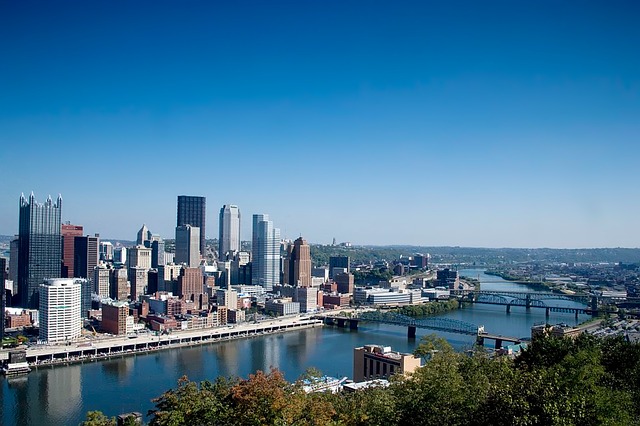
Pittsburgh’s fight for clean air, water and growth
Pittsburgh has become the poster child for how to transition from highly impacted industrial town to a healthy and vibrant community. A city that has gone from having air quality and smog so bad that they had to leave the streetlights on 24 hours a day, to an area that has created more cleantech and renewable energy jobs than jobs in oil, gas and coal industry combined.
24 May. 2025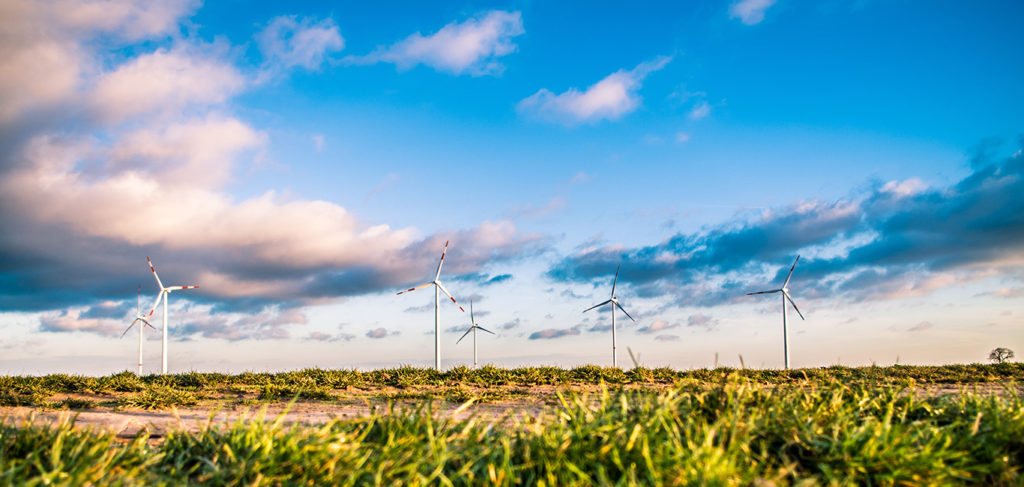
Why cities, towns and regions are creating a roadmap towards 100% renewable energy
For a perspective on why cities and regions are going renewable and what a roadmap to 100% renewables looks like at the subnational level, we talked to Rohit Sen, Renewable Energy Senior Officer at ICLEI – Local Governments for Sustainability.
24 May. 2025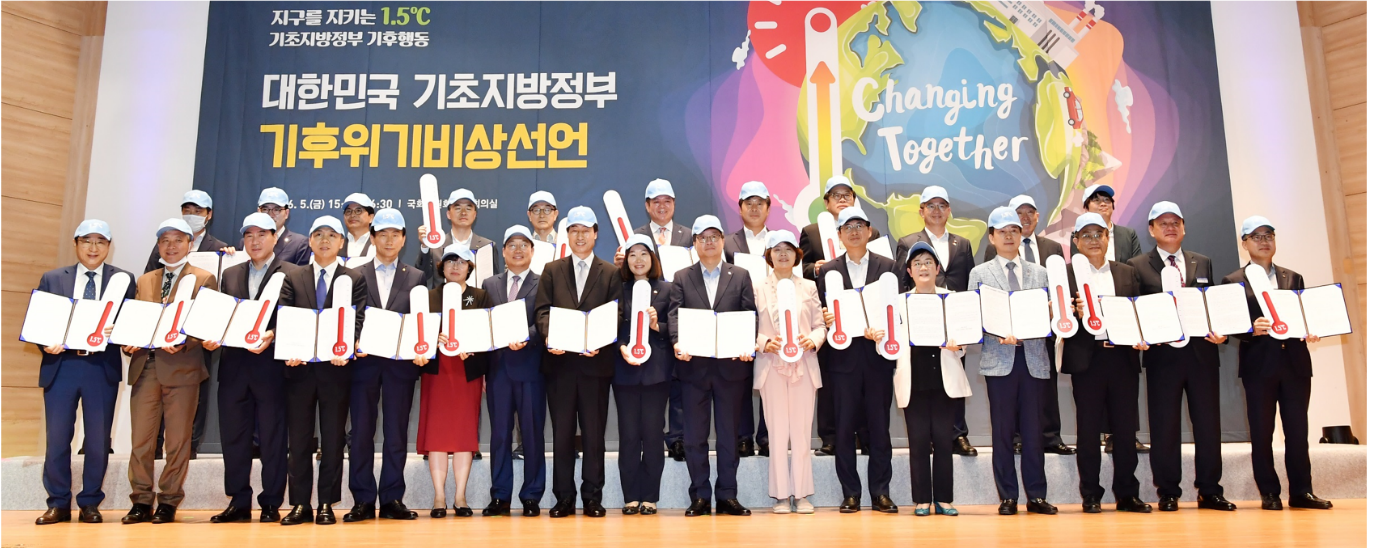
The crucial role of local governments in South Korea’s bold actions towards carbon neutrality by 2050
On 5 June 2020, World Environment Day, 226 local governments in South Korea gathered at the national assembly to declare a climate emergency. One month later, on 7 July 2020, 80 sub-national governments (17 provincial and 63 local governments) launched the Korean Local Governments’ Action Alliance for Carbon-Neutrality and urged nation-wide action for carbon neutrality by 2050.
24 May. 2025
Taipei City’s journey towards net-zero: Ambitious climate action, transparency, and SDGs.
Despite the severe impacts of COVID-19 worldwide, climate change remains one of the greatest threats towards humanity’s – and cities’ – future. But it is exactly in cities where the biggest gains can be made when tackling the climate crisis. Since projections for the future suggest more people will move to urban areas, cities must put sustainability at the core of their urban development now. The good news is many are already doing so.
24 May. 2025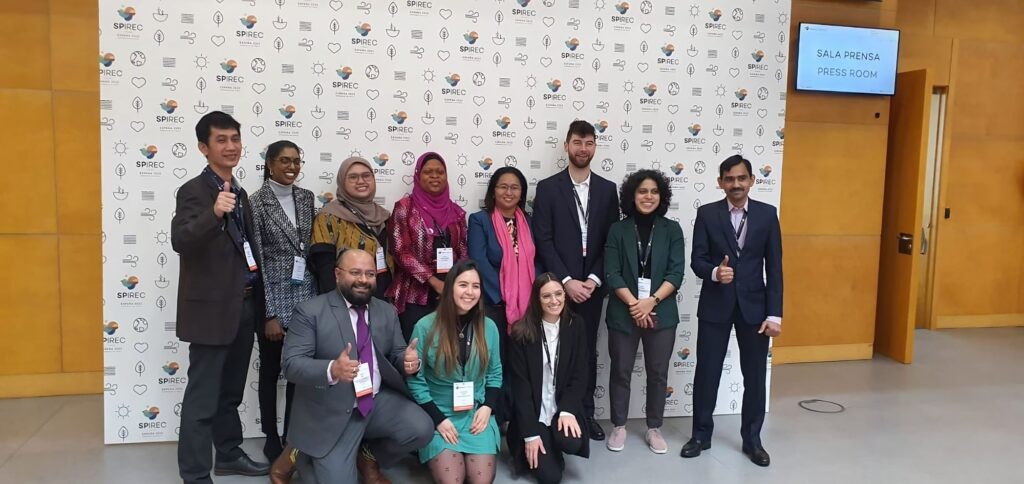
100% renewable energy: From aspiration to a clear path forward
Imagine a world where all energy needs in a location are met by harnessing energy from the earth, water, wind, and sun all around us—sources that are clean, emit no pollution, and never run out, 24 hours per day, every day of the year.
16 Aug. 2024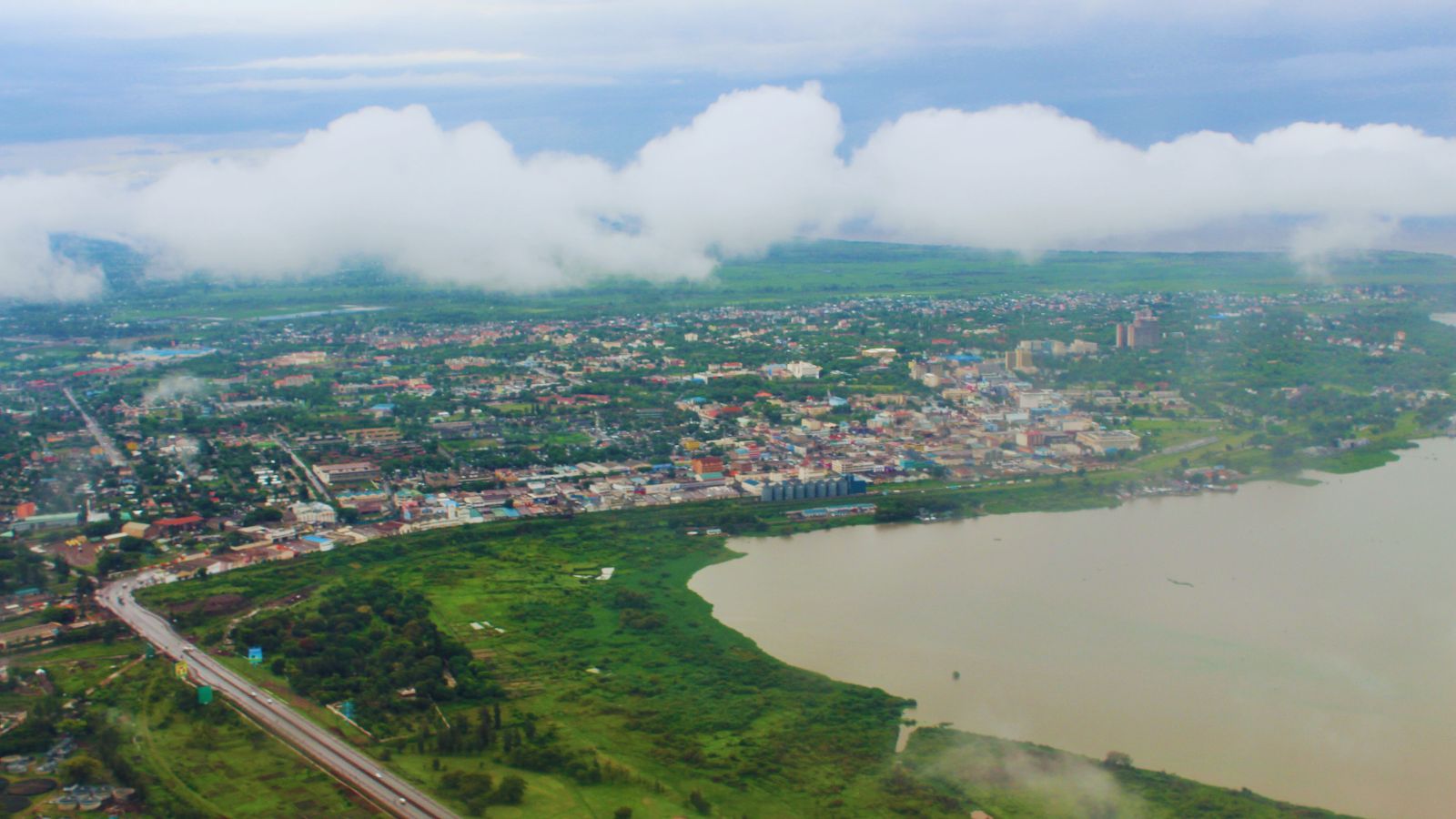
Can cities run on renewables? Kenya’s Kisumu County has a roadmap to prove it
On 1 August, ICLEI, in partnership with the County Government of Kisumu, unveiled a tailored-made roadmap towards 100% renewable energy by 2050. Under the 100% Renewables Cities and Regions Roadmap project, Kisumu is sparking the shift to transition its energy landscape.
07 Aug. 2024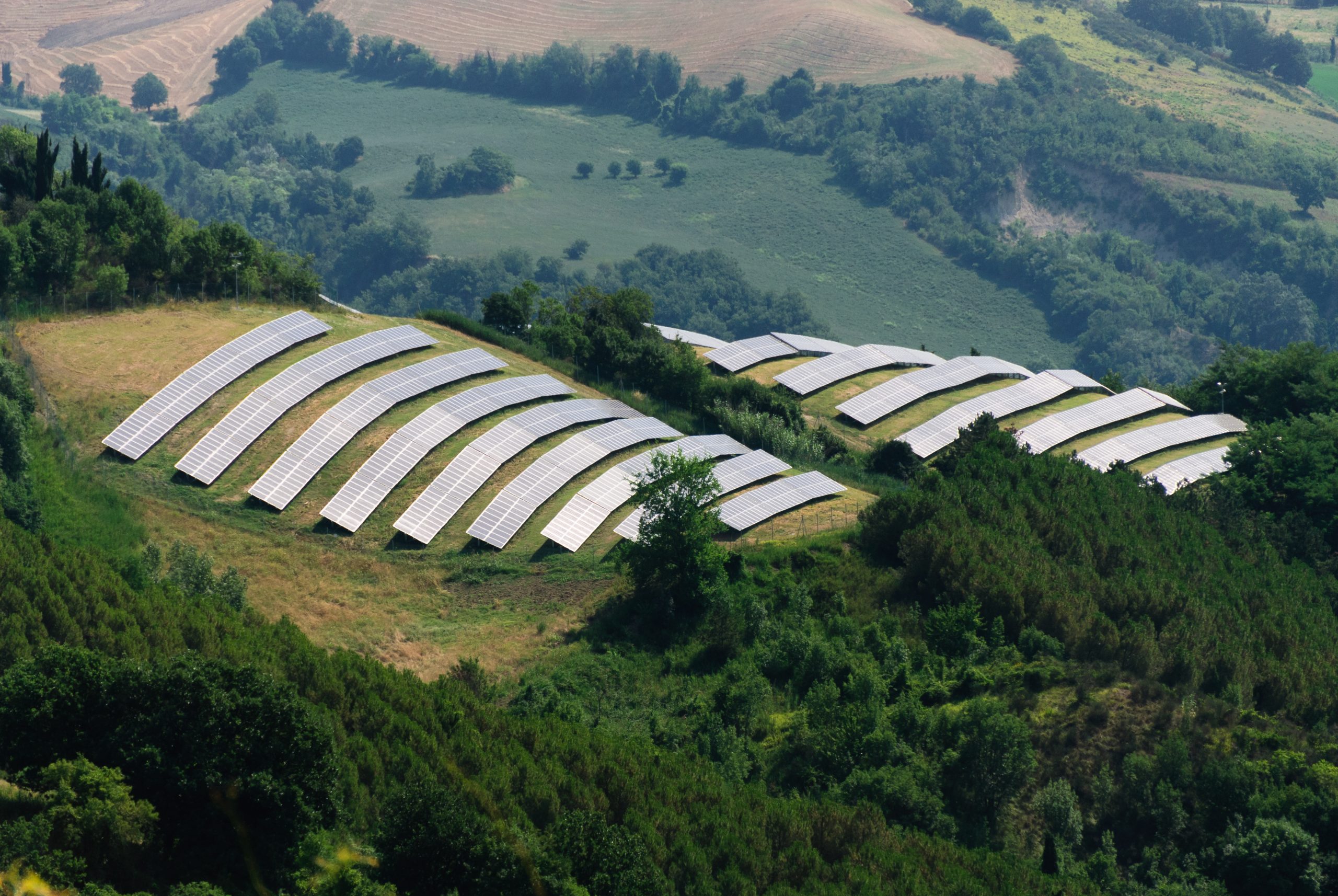
You can’t manage what you don’t measure. How climate reporting tracks progress and secures investment.
Climate reporting gives local and regional governments control to track, manage, and attain their climate goals. The good news is, it also attracts investment.
23 Feb. 2022
Lessons from five daring cities that are paving the way toward a just and equitable climate emergency response
Throughout this year, hundreds of cities, towns, and regions have gathered at Daring Cities 2023 to discuss their approaches in the face of the climate emergency. These exchanges have produced a set of key findings, which emerge from three core pillars: justice and equity, innovative climate solutions, and multilevel action.
24 May. 2025
Cities in motion: Celebrating the First World Sustainable Transport Day
26 November marks the first-ever United Nations World Sustainable Transport Day, promoting sustainable, efficient, and inclusive transport. ICLEI joins this celebration by spotlighting exemplary cities worldwide driving change—whether with electric buses in Quito, an urban freight revolution in Portland, or a decade of a car-free festival in Suwon, these urban innovators are paving the way for sustainable and inclusive transportation.
24 May. 2025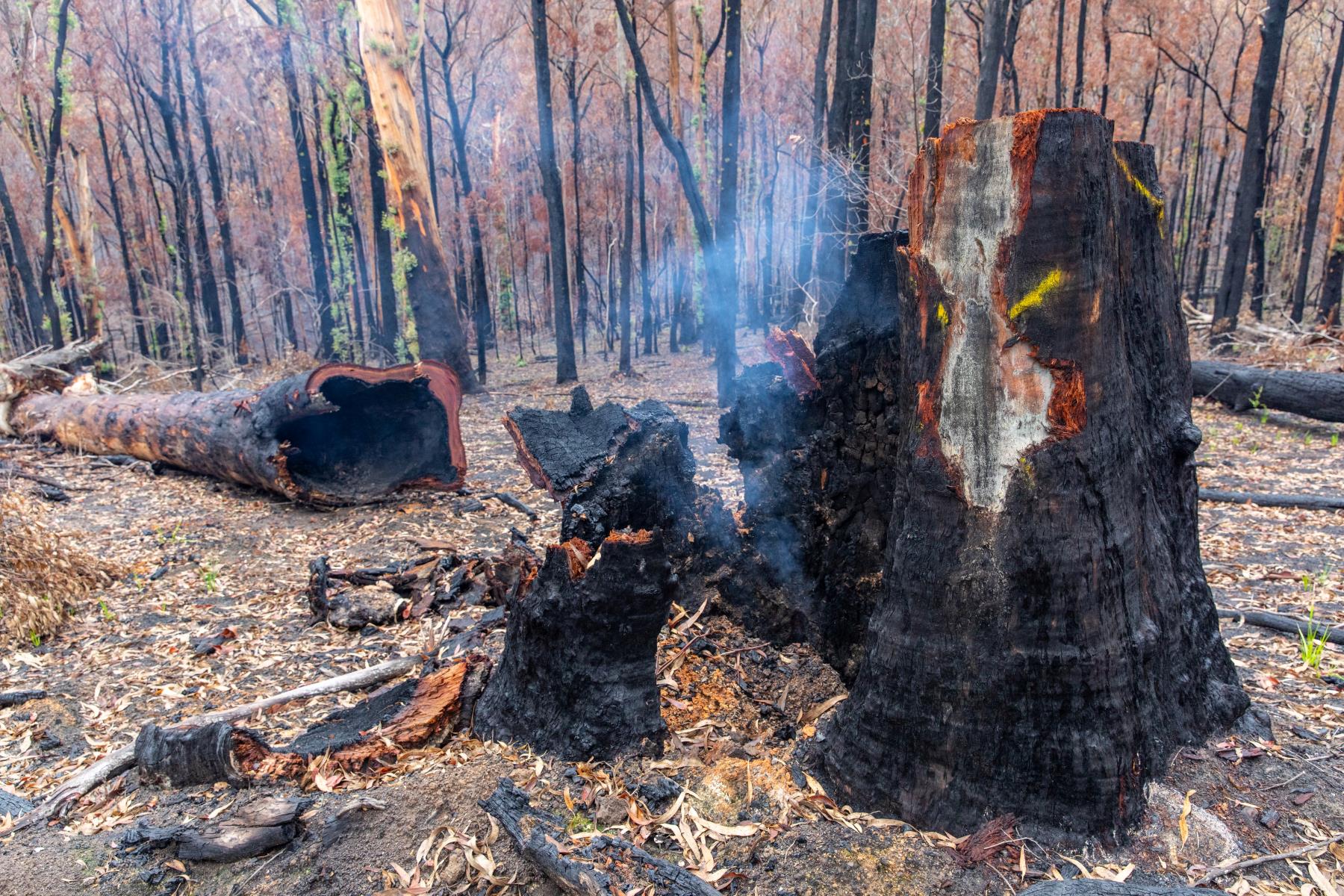
Healing the Australian landscape: The wisdom of First Peoples and cultural burning
Rediscovering a connection with Country for all Australians — not just First Peoples — presents an opportunity to reconcile with Australia’s complex colonial past. Moreover, the cultural practices of Care for Country are increasingly recognized as vital in addressing Australia’s wildfire crises.
24 May. 2025
How green bonds are shaping the future of sustainable investment
Green bonds and sustainability-linked financing are key drivers in the global transition to a net zero, climate-resilient economy.
09 May. 2025
You can’t manage what you don’t measure. How climate reporting tracks progress and secures investment.
Climate reporting gives local and regional governments control to track, manage, and attain their climate goals. The good news is, it also attracts investment.
23 Feb. 2022
Strengthening synergies between culture and climate change science
The first-ever International Co-Sponsored Meeting on Culture, Heritage and Climate (ICSM CHC) brought together scientists and experts to explore linkages between culture and heritage, climate science and climate action this past December.
08 Feb. 2022
Why cities, towns and regions are creating a roadmap towards 100% renewable energy
For a perspective on why cities and regions are going renewable and what a roadmap to 100% renewables looks like at the subnational level, we talked to Rohit Sen, Renewable Energy Senior Officer at ICLEI – Local Governments for Sustainability.
24 May. 2025
The crucial role of local governments in South Korea’s bold actions towards carbon neutrality by 2050
On 5 June 2020, World Environment Day, 226 local governments in South Korea gathered at the national assembly to declare a climate emergency. One month later, on 7 July 2020, 80 sub-national governments (17 provincial and 63 local governments) launched the Korean Local Governments’ Action Alliance for Carbon-Neutrality and urged nation-wide action for carbon neutrality by 2050.
24 May. 2025
Taipei City’s journey towards net-zero: Ambitious climate action, transparency, and SDGs.
Despite the severe impacts of COVID-19 worldwide, climate change remains one of the greatest threats towards humanity’s – and cities’ – future. But it is exactly in cities where the biggest gains can be made when tackling the climate crisis. Since projections for the future suggest more people will move to urban areas, cities must put sustainability at the core of their urban development now. The good news is many are already doing so.
24 May. 2025
You can’t manage what you don’t measure. How climate reporting tracks progress and secures investment.
Climate reporting gives local and regional governments control to track, manage, and attain their climate goals. The good news is, it also attracts investment.
23 Feb. 2022
Strengthening synergies between culture and climate change science
The first-ever International Co-Sponsored Meeting on Culture, Heritage and Climate (ICSM CHC) brought together scientists and experts to explore linkages between culture and heritage, climate science and climate action this past December.
08 Feb. 2022
Cities join the Race to Zero around the world to strengthen national goals
On the occasion of Earth Week and the U.S. Climate Leaders Summit, 21 city and county leaders in the United States launched the ICLEI150 Race to Zero.
22 Apr. 2021
You can’t manage what you don’t measure. How climate reporting tracks progress and secures investment.
A growing sense of urgency, propelled by the IPCC reports, COP26 discussions, and the need for real impact by 2030 mean climate policies have never been higher on the agenda. Climate reporting gives local and regional governments control to track, manage, and attain their climate goals. The good news is, it also attracts investment.
24 May. 2025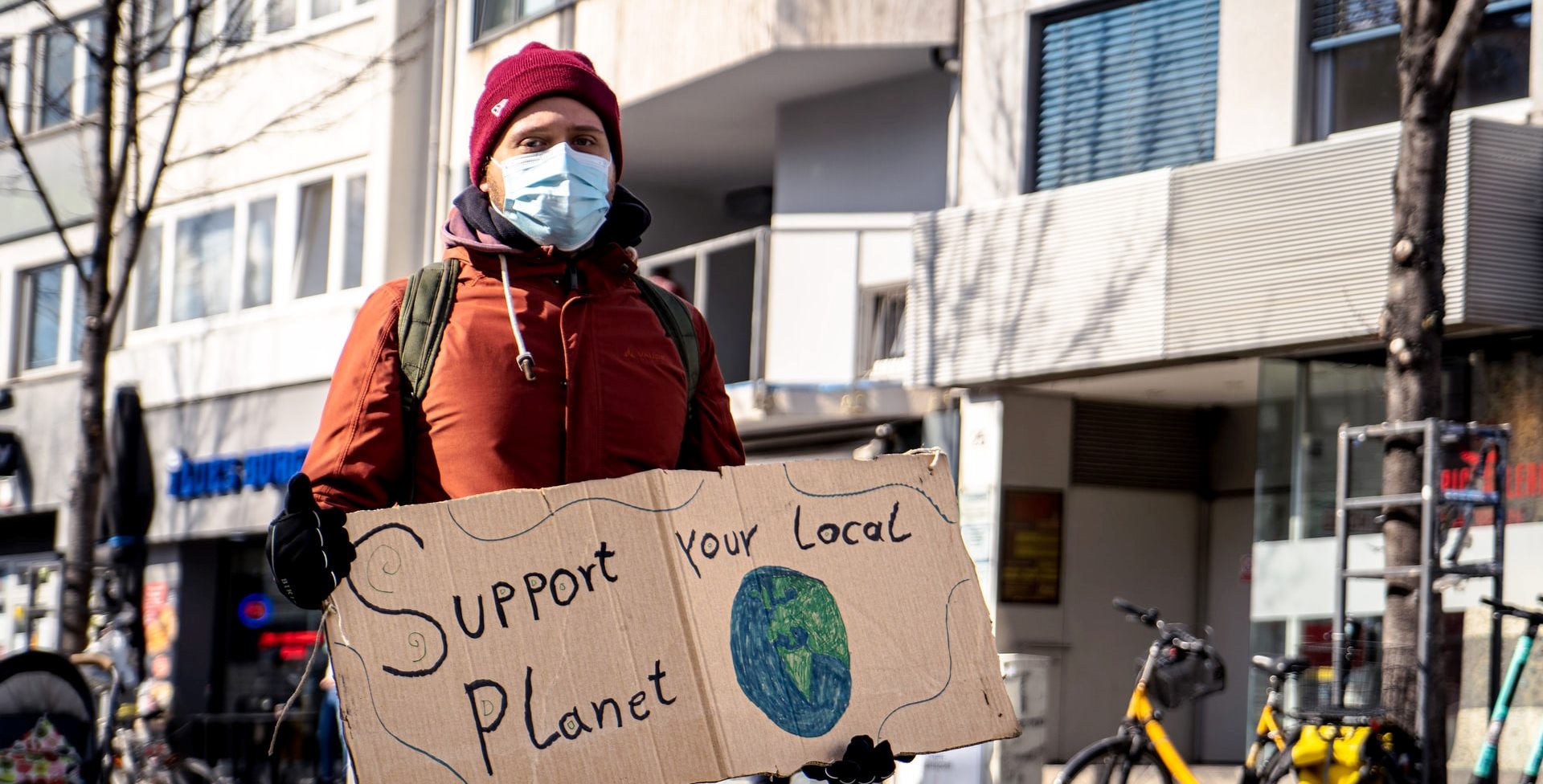
How science will keep 1.5°C alive for your city
As national and regional governments grapple to “keep 1.5°C alive” with updated Nationally Determined Contributions (NDC), science-based climate targets offer local governments a clear path towards effective climate mitigation.
24 May. 2025
Decarbonizing transport: Powering vehicles with renewable energy is the way forward
Global energy demand in the transport sector is on the rise due to the growing population and increased movement of people and goods. In 2018, the transport sector was responsible for 25 percent of direct CO2 emissions from fuel combustion.
21 May. 2025